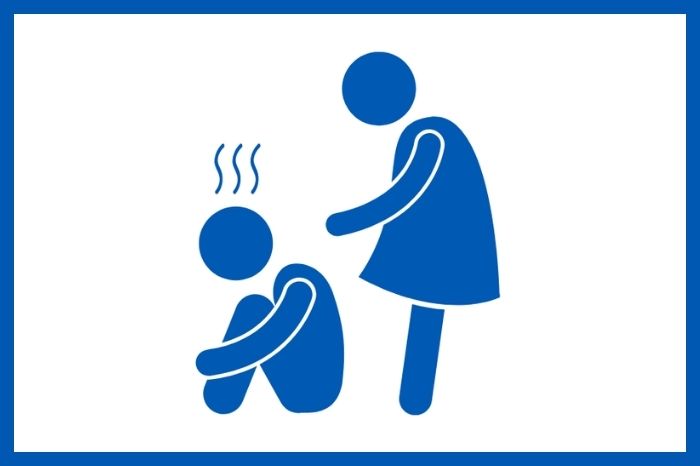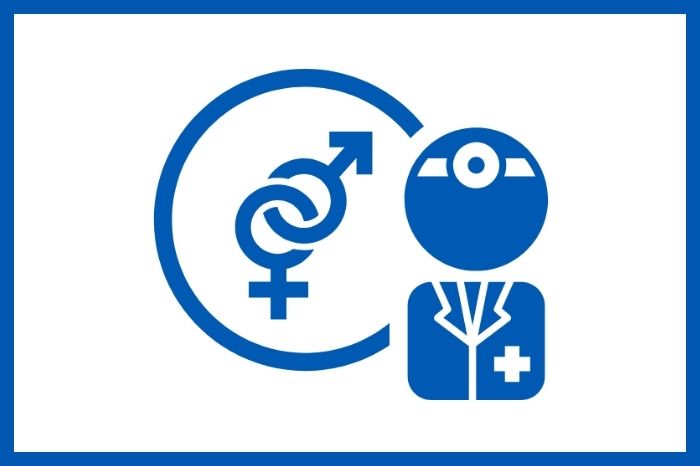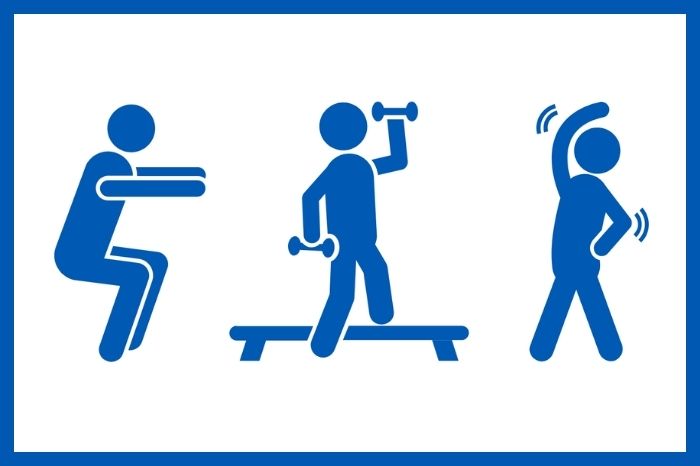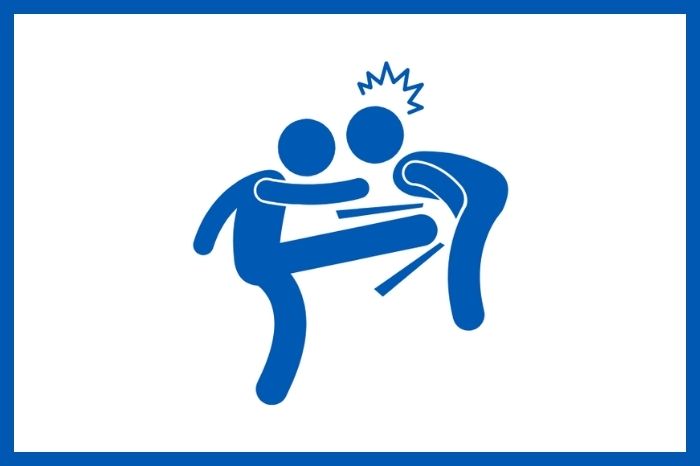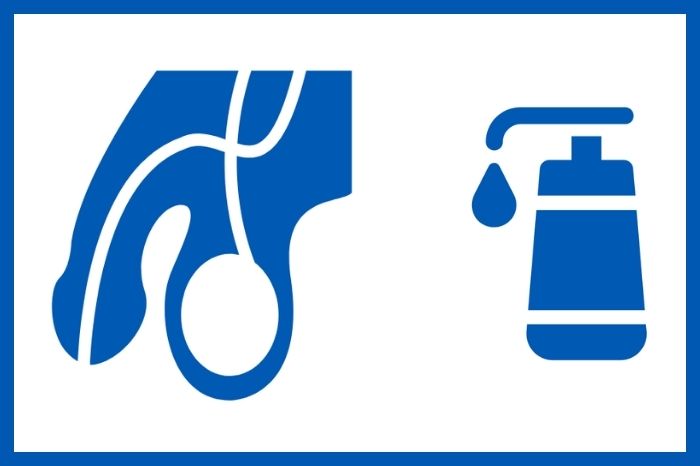Delayed puberty - what is it, what to do?
Puberty is the period when the body of a boy and girl changes and transforms from a child to an adult. When it starts, it is easily noticed, since the body changes are quite visible.

During female puberty, breasts and pubic hair develop, body size increases, and menstruation begins. The general body shape tends to change as well, where the hips widen and the body becomes more curved.
In male puberty, pubic and facial hair is noticed, and the testes and penis become larger. The body shape also starts to change, where the shoulders expand and there is a sudden increase in body height.
These changes are driven by the sex hormones (testosterone in boys and estrogen in girls) that your body starts producing in much greater amounts than before.
Puberty occurs over several years, and the age at which it begins and ends varies greatly. It usually starts between ages 7 and 13 for girls and between ages 9 and 15 for boys, although it can be earlier or later for some people.
Sometimes young people make it past the normal age range of puberty without any signs of changes in the body. This is called delayed puberty or more commonly known as delayed puberty.
What causes delayed puberty?
Puberty can be delayed for a number of reasons. Most of the time, it's simply a pattern of growth and development in the family. A boy or girl may find that their parents, uncle, aunt, brothers, sisters and cousins also developed later than usual. This is called constitutional delay (or late flowering) and it usually doesn't require any kind of treatment. These teenagers will develop normally, right after most of their friends.
Medical problems can also cause delays in puberty. Young people with chronic illnesses such as diabetes, cystic fibrosis, kidney disease or asthma may reach puberty later in life because such illnesses make it difficult for the body to grow and develop. Proper treatment and better control of many of these conditions can help reduce delayed puberty.
A person who is malnourished, that is, who does not ingest adequate nutrients, can lag behind their peers who follow a healthy and balanced diet. For example, teenagers with anorexia nervosa often lose so much weight that their bodies do not develop properly. Girls who are very active in sports may be late, because the body requires a certain amount of fat before entering puberty or menstruating.
Delayed puberty can also be caused by pituitary and thyroid gland problems. These glands produce the hormones that are important for growth and development.
Some young people who do not reach puberty at the normal time may have problems with their chromosomes, and chromosomal problems can interfere with normal growth processes.
Turner syndrome is an example of a chromosomal disorder. It occurs when one of the female X chromosomes is abnormal or missing. This causes abnormalities in the way a girl grows, develops her ovaries and produces sex hormones. Women with Turner syndrome are shorter than normal, are often infertile, and may have other health conditions.
Men with Klinefelter syndrome are born with an extra X chromosome (XXY instead of XY). This condition can delay sexual development.
What to do in case of delayed puberty?
The good news is that if there is a problem, doctors can usually help teens with late puberty to develop normally. Therefore, for young people who are not developing as well as they should, parents or guardians should make an appointment with the doctor.
In addition to performing a physical exam, the provider will take a medical history by asking about any concerns and symptoms the young person has, their past health, the health of their family, any medications they are taking, any allergies they may have and other problems, as the growth pattern of their family members. It will graph its growth to see if the pattern indicates a problem. You may also order blood tests to check for problems with your thyroid, pituitary gland, or other organs. The young person may also have a "bone age" x-ray.
In many cases, the doctor will be able to assure you that there is no underlying physical problem, claiming that the teenager is just a little behind the average. If the doctor finds a problem, he or she may refer you to a specialist in endocrinology for children and adolescents.
Some late-developing teens may have difficulty waiting for puberty changes to finally occur - even after a doctor assures them of their normality. In some cases, doctors may offer teenagers a short course (usually a few months) with hormonal medications to initiate puberty changes. Typically, when treatment is stopped after a few months, the teenager's hormones take over from there to complete the puberty process.
How to deal with late puberty?
It can be very difficult for a young person to see his friends grow and develop, whereas with himself it is not. Schoolmates can joke about their small size or girls' flat chests. Even when your doctor or your parents say things are going to be okay — and even when he knows they are okay — it's hard to wait for something that can affect how you feel about yourself.
For a teenager who is feeling depressed, has problems at school, or has other problems with growth and developmental delays, it is ideal for them to have therapeutic counseling. The therapist can help you work through your feelings and suggest ways to deal with them.
Delayed puberty can be difficult for anyone to accept and deal with, but it is a problem that is usually resolved. Seeking help if you have any questions about development is always advised. And remember that, in most cases, these young people will eventually catch up with their peers.



